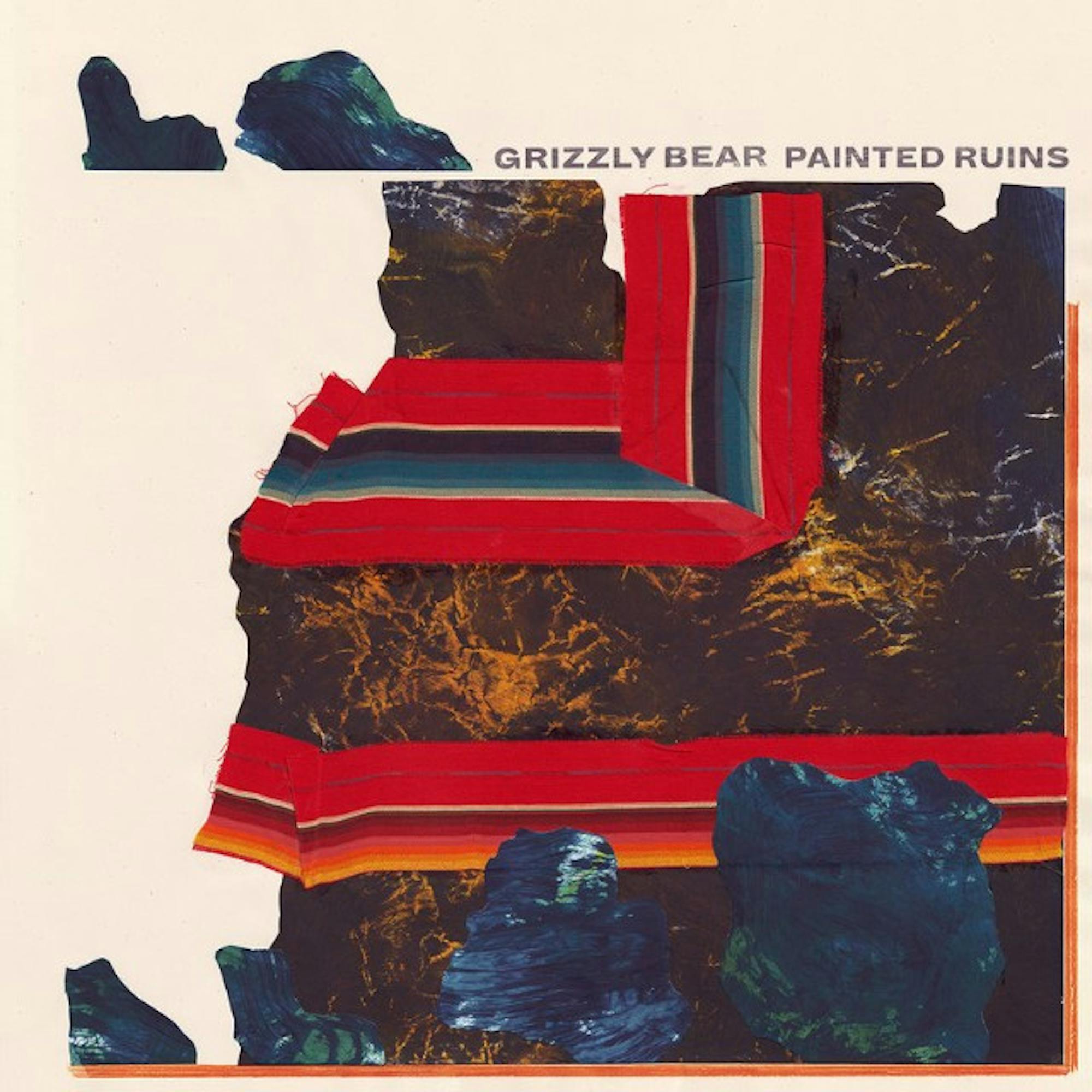It would be dramatic to declare indie music dead, but the genre certainly isn’t as culturally relevant as it was ten years ago. Once disregarded by the elite, 'educated' crowd of music critics and twenty-somethings, genres like hip-hop and house have critically and commercially taken center stage thanks to artists like Kendrick Lamar, Kanye West, Bonobo and Jamie xx.
The declining popularity of indie music has put the genre's musicians in an awkward spot, but it has also given them a chance to introspect. In fact, one could argue that this changing tide has forced indie musicians to test their creativity in a new environment. A considerable number of these musicians have attempted to adapt their sound with new trends, as evidenced by the Lana Del Rey and A$AP Rocky collaborations on Lana's latest “Lust For Life” (2017), or the sweeping bass found in Björk’s “Vulnicura” (2015), produced by the experimental DJ Arca.
Others have attempted to push their sound into unfamiliar territories, such as Feist with her delightfully experimental effort “Pleasure” (2017). Grizzly Bear, the art-rock indie band from Brooklyn, falls into this category. Their fifth studio album, “Painted Ruins” (2017), manages to sound fresh and cutting-edge without following any trends directly. The band’s unique sound is enough to let them prosper at a time when indie music is slowly fading.
The first track, titled “Wasted Acres,”might be the most exciting indie offering of the year. The song is similar to the band’s previous openers in terms of its psychedelic-rock influence and eccentric song structure. Yet, it is a slower burn than others, certainly a conscious choice that allows listeners to experience the band's rich instrumentation along with synths: strings first, then the drums, the bass and guitars and lastly the piano. Grizzly Bear, aware that physical instruments are an anomaly in today’s charting music, makes sure their listeners are in for a treat.
“Mourning Sound,” the second track and single off the album,is more predictable. It's considerably more synth-heavy than “Wasted Acres,” and at times it sounds exactly like a song you would hear on an indie playlist from 2008. It's an entertaining song, yet compared to the more experimental offerings in the album, it falls flat.
In terms of experimentation, the third track “Four Cypresses” is closer to “Wasted Acres” than it is to “Mourning Sound.” It is dark and dreamy with noteworthy drums. The song is also a nice segue to the album’s first single, “Three Rings.” Like “Four Cypresses,” the entire song is based on tension; it starts off slowly but builds to a dramatic climax. Both songs are refreshing in their song structure and in their mixture of synths and instruments.
The fifth track, “Losing All Sense,” has a piano-centric melody and is reminiscent of the band’s biggest hit, “Two Weeks,” from their third studio album, “Veckatimest” (2009).Compared to other songs, it has a lighter, less moody vibe. The following “Aquarian” diverges the mood with chaotic synths. Despite some indie familiarity, the song isn't an easy listen. The mixture of loud synths, heavy guitars and equally noisy percussion becomes tiring after several listens. In a way, the band chooses to experiment at the cost of accessibility.
The album’s second half is more or less an extension of its first. “Glass Hillside” is noteworthy for its 80s influence. "Neighbors" has strong vocals and impressive lyrics that explore the breaking point of a relationship. With “Systole,” the tempo drops a little as guitars play a bigger role than synths.
“Sky Took Hold,” the closing track, is perhaps the most distorted song on the album. It does nothing to make listeners feel like it’s an ending, but that is precisely the point. Like any Grizzly Bear album, “Painted Ruins” does not have a beginning, a middle or an end; it is amorphous and cannot be shaped or categorized into any one form or sound.
Grizzly Bear makes exciting return with fifth studio album 'Painted Ruins'

Spin
Summary
Much of Grizzly Bear's "Painted Ruins" walks the line between experimental and familiar, resulting in an album that breaks stale indie conventions without venturing too far away from the band's original sound.
4 Stars





